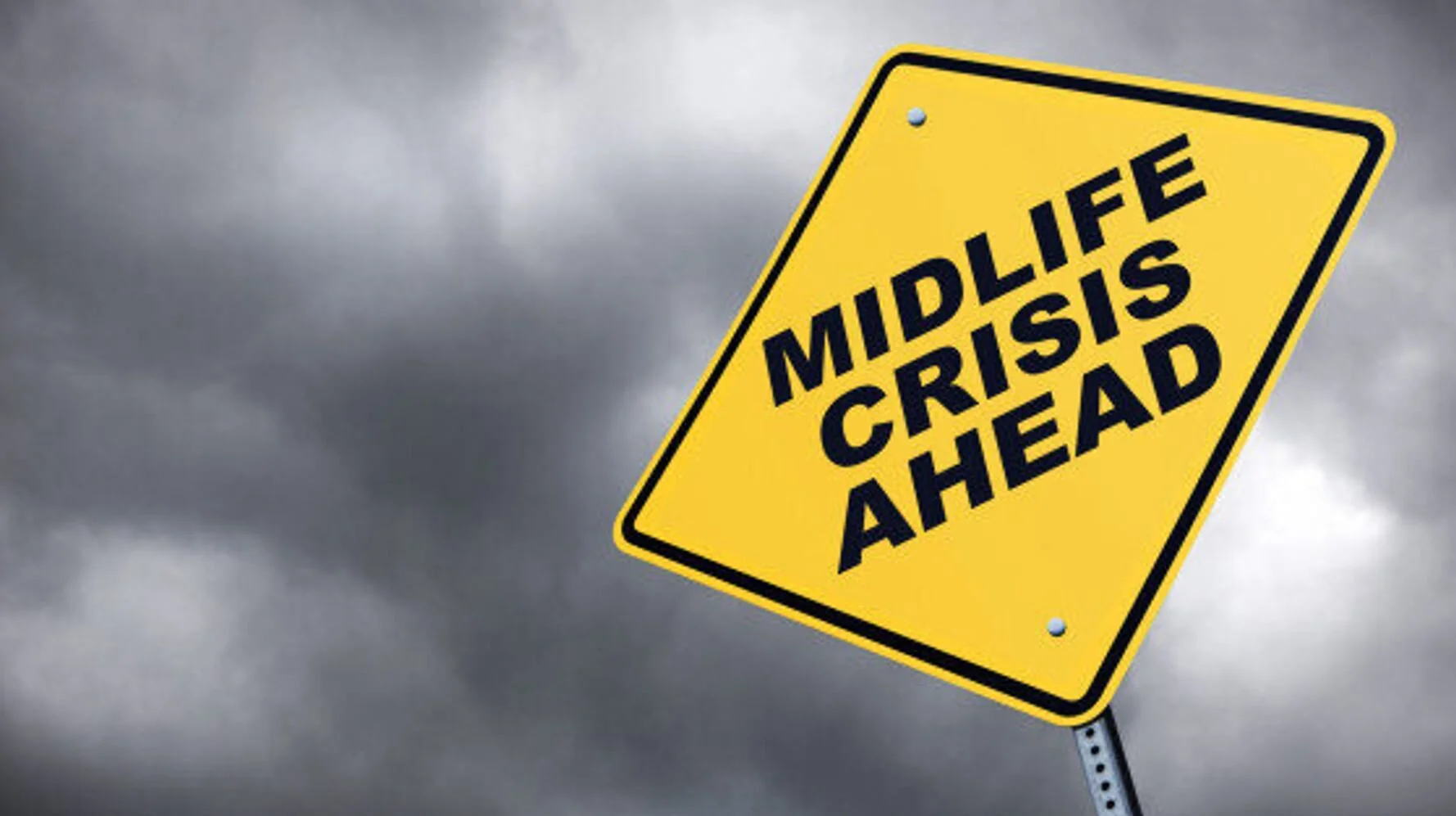Navigating Your Midlife Crisis
Midlife Crisis Ahead
As I’ve thought about my coaching business, who I want to serve and how, there is one target — one niche — that I keep coming back to. One that I both identify with and believe I can serve fearlessly.
Those struggling through midlife crisis.
When I talk to friends and lob this idea to them, I am batting 1.000 on positive feedback. The answer ALWAYS is, “Oooh, that’s brilliant. There is SUCH a need for midlife support.”
And while it’s reassuring to receive that feedback, I already know it to be true: Midlife is an opportunity to pause, assess, pivot and act. Midlife is akin to halftime of a sporting match — an opportunity to consider what’s working and what’s not working (Well, the defense is holding up, but the offense is lost. Or, applied to real life: “The marriage is going well, but my career is rudderless. From the outside everything seems grand, but my life lacks meaning and purpose.”)
I actually liken midlife to making the turn in golf. Nine holes down, nine to go. My drives are pretty straight, but my short game is garbage. Translation: I’ve gotten my job, been promoted a few times. Perhaps I have a family, perhaps I don’t. And holy hell, I’m midway through my life. How the hell did this happen so quickly? Am I where I want to be? Did I have a plan? Is the plan playing out how I intended?
In general, midlife is defined as ages 40-65, give or take. Using 2019 estimated population data, there are 100 million American adults aged 40-65; cross-index that data with the results of a recent national survey on midlife emotional wellbeing, and there could be as many as 26 million adults experiencing midlife crises.
Interestingly, among the one in four midlife aged adults who report grappling with a midlife crisis, the vast majority attribute their struggles, not to age, but to a major life event: Empty nest, death, job loss, divorce, relocation. Here’s what they report feeling:
Exhaustion, boredom, or discontentment with life or with a lifestyle (including people and things) that previously provided fulfillment.
Frantic energy (feeling restless and wanting to do something completely different).
Self-questioning (deliberating decisions made years earlier and pondering the meaning of life).
Confusion about who you are or where your life is going.
Daydreaming.
Irritability, unexpected anger.
Persistent sadness.
Increase in alcohol and drug use, food intake, and other compulsions.
Significant decrease or increase in sexual desire.
Sexual affairs, especially with someone much younger.
Greatly decreased or increased ambition.
If you’re feeling anything on that list, it’s critical that you take steps to assess, interpret, and understand where these feelings are coming from. While a midlife crisis is uncomfortable, it’s also an opportunity. Discomfort is how we grow. These feelings prompt really important questions that you need to ask and answer — questions like:
What do I want?
What are my values?
Am I living in alignment with my values?
What brings me joy?
What parts of my life aren’t serving me?
How do I structure my life in a way that I am living with purpose and intention?
Addressing these questions can help you form a roadmap — a plan. When you have a well formulated plan, you have confidence, purpose, conviction. And you’ll be ready to attack your back nine.
If you’re struggling through a midlife crisis, remember the old adage: Never let a crisis go to waste. Use it to pause, assess, pivot, and act. And as you do, I am here to help you in your journey. Reach out for a free chat to discuss your struggles and how I can support you.


